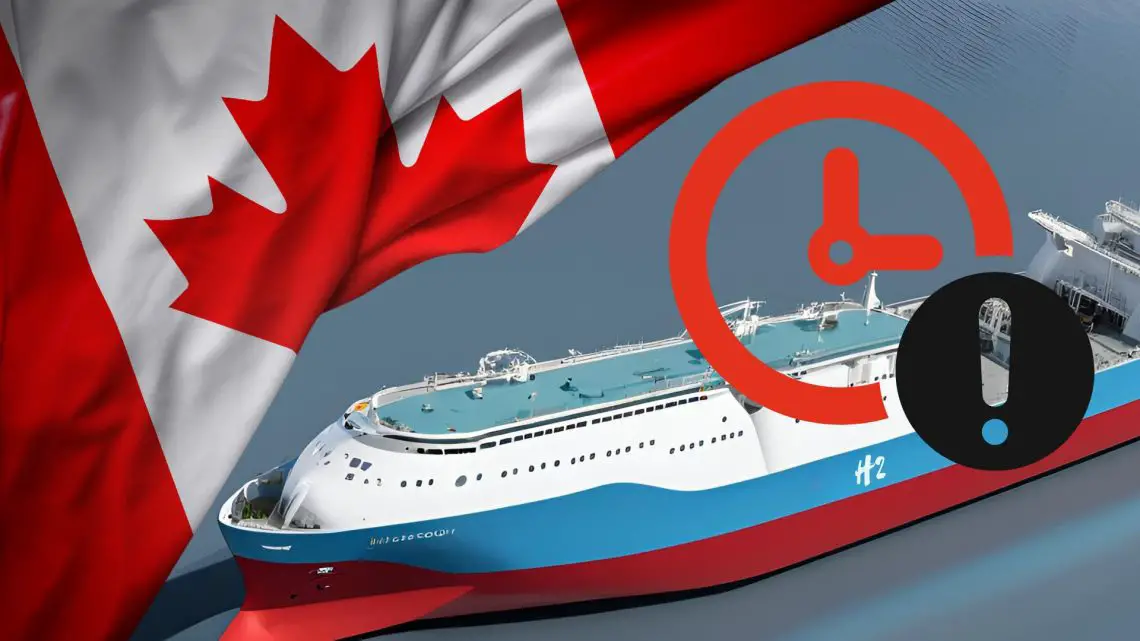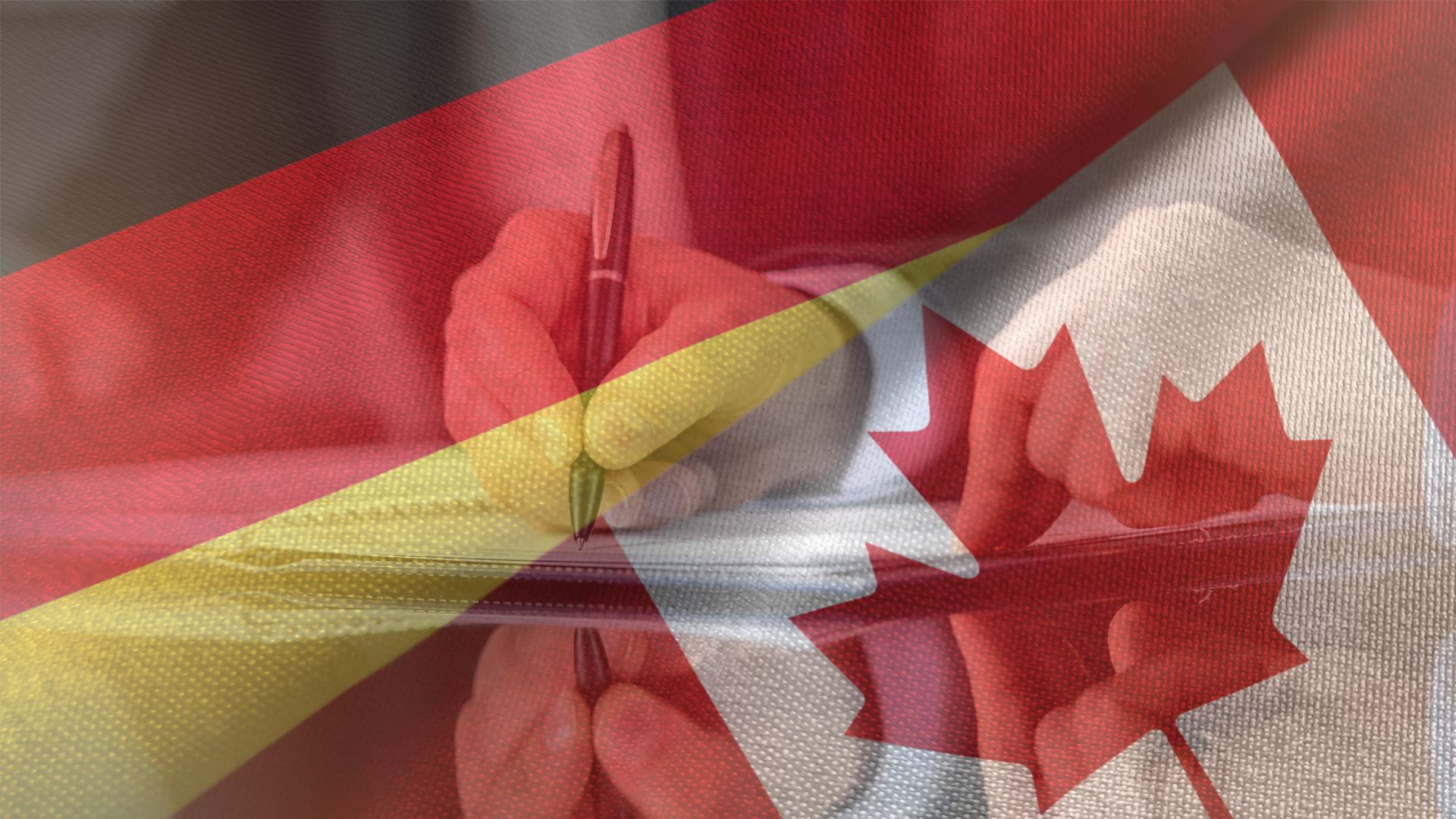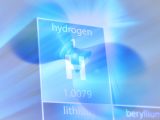
Canada’s huge hydrogen fuel export plans to Germany face possible delay
October 9, 2024The North American country is aiming to replace its natural gas exports that are expected to drop
Canada has been working hard to establish itself as a green hydrogen fuel supplier to European countries, and despite highly promising beginnings and early agreements, it looks as though delays could be in their future.
Several factors are playing into what could be a stalled start
A huge wave of global inflation and a disconnect between supply and demand are among the leading barriers that Canada could be facing as it attempts to launch its hydrogen fuel export to Germany by next year.
The memorandum of understanding (MoU) was signed between the two countries in 2022. It involved the establishment of a green H2 supply across the Atlantic as Germany sought – and continues to seek – ways to slash its dependence on fossil fuels, particularly those it imports from Russia. At the same time, it is working to decarbonize its heavy industries, which are among the top polluters within its borders.
However, the last quarter of 2024 has now been reached, and none of the green H2 facilities launched in Atlantic Canada have yet to begin operating. The financial terms of the deals between the countries also have yet to be finalized, and Europe’s own infrastructure is not yet prepared for the type of imports it was expecting to accommodate.
Will everything be ready for hydrogen fuel to begin shipping in time?
Though both countries remain committed to moving forward with the green H2 deal, nothing has yet to be solidified, leaving uncertainty in its wake. A spokesperson for Natural Resources Canada, Michael MacDonald, released a statement acknowledging that the targets set for next year were “ambitious.”
The statement also agreed that the initial shipments would be “close to the original 2025 target,” though no specific timing, quantity or price was mentioned.
The majority of the Canadian projects are in a spectrum of the planning phases, though some have begun construction, said MacDonald.
Shipments might begin in 2026
“The aim is still to have the first shipments happen in the mid-2020s, probably around 2026, 2027 or 2028,” said German consultancy Adelphi energy policy advisor Jens Honnen, who is heading the implementation of the energy partnership between the countries on behalf of the German Ministry for Economic Affairs and Climate Action.



 With over 15 years of reporting hydrogen news, we are your premier source for the latest updates and insights in hydrogen and renewable energy.
With over 15 years of reporting hydrogen news, we are your premier source for the latest updates and insights in hydrogen and renewable energy.
The math doesn’t work. Yes you can make green hydrogen from water using electrolysis and tons of green energy that Newfoundland can build out with wind farms, but, you also need tons of purified water which also requires a significant infrastructure build and lots more green energy. By the time that’s all done, your H2 cost per kg. Is not competitive.
Canada should ship LNG and Germany and other countries and they should use Pyrolysis to convert that gas to H2. Then ship that gas in Toyota’s new H2 canisters to the market, skipping the need for pipelines.